How Doctors Recommend Stopping Bug Bites from Itching
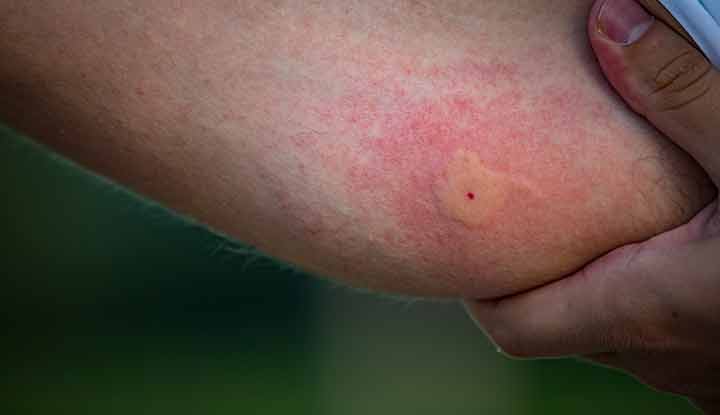
PHOTO: Cleveland Clinic
We've all been there: whether it's those pesky mosquito bites or the dreaded bed bug bites, bug bites can leave you itching, irritated, and frustrated. While repellents can help keep those bugs at bay, it's almost impossible to avoid a bite at some point. But don't worry—relief is possible! We spoke to a few doctors about the best ways to stop the itching from bug bites, including what bed bug bites look like and how to ease discomfort from mosquito bites. Here’s how to tackle the itch and inflammation, no matter the bug.
RELATED: Identify and Treat Common Bug Bites
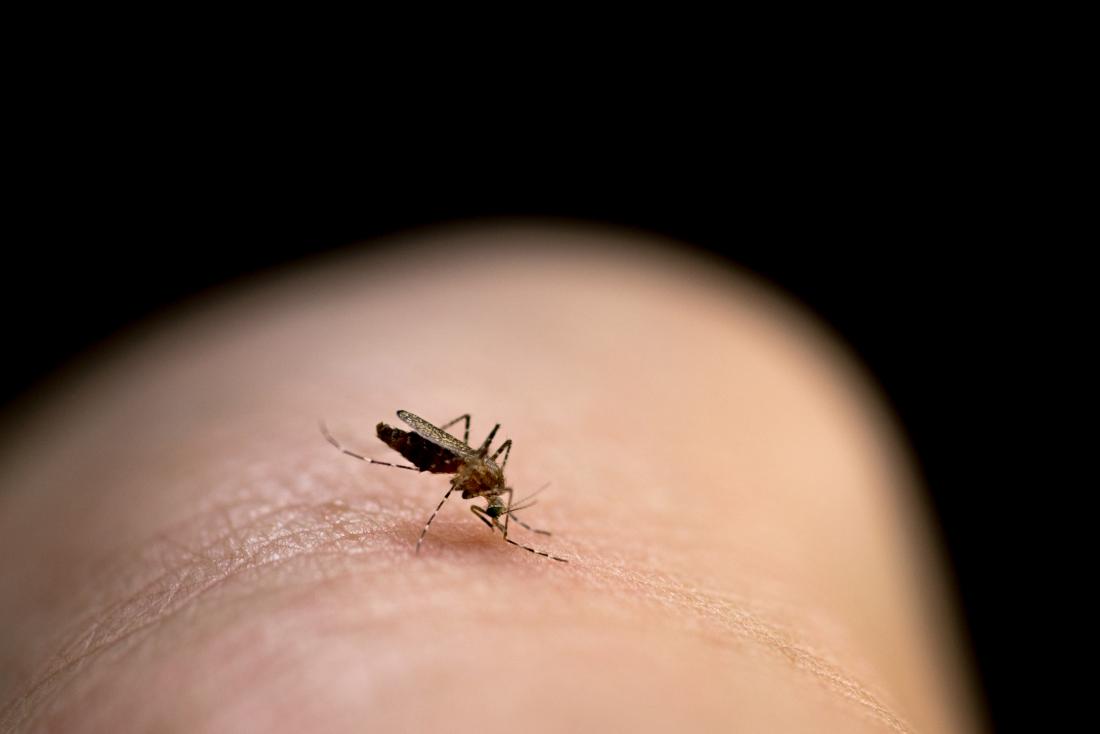
PHOTO: MedicalNewsToday
Straight away wipe with rubbing alcohol.
After spotting an insect bite, lightly dab the affected area with some rubbing alcohol. This will eliminate the saliva of the bug before it starts your immune reaction, therefore lowering swelling and the horrible itching.
By breaking down the proteins secreted in the saliva of the bug, rubbing alcohol helps reduce redness, irritation, and swelling. Moreover, rubbing alcohol's cooling properties as it evaporates can help you momentarily forget about the itching—even if you learn of the bite a little later.
Use witch hazel or apple cider vinegar in lieu of rubbing alcohol.
If you do not have rubbing alcohol, do not panic; there are still other often used household products that might come in handy. One excellent choice is witch hazel, well known for its anti-inflammatory qualities. To help with swelling and discomfort from an insect bite, just dab some on a cotton ball.
Still another effective treatment is apple cider vinegar (ACV). Its acidic qualities might reduce burning, itching, and suffering. Thanks to its antibacterial properties, ACV is also a wonderful disinfectant for bites. You either might dip a cloth in warm apple cider or dab it with diluted vinegar.
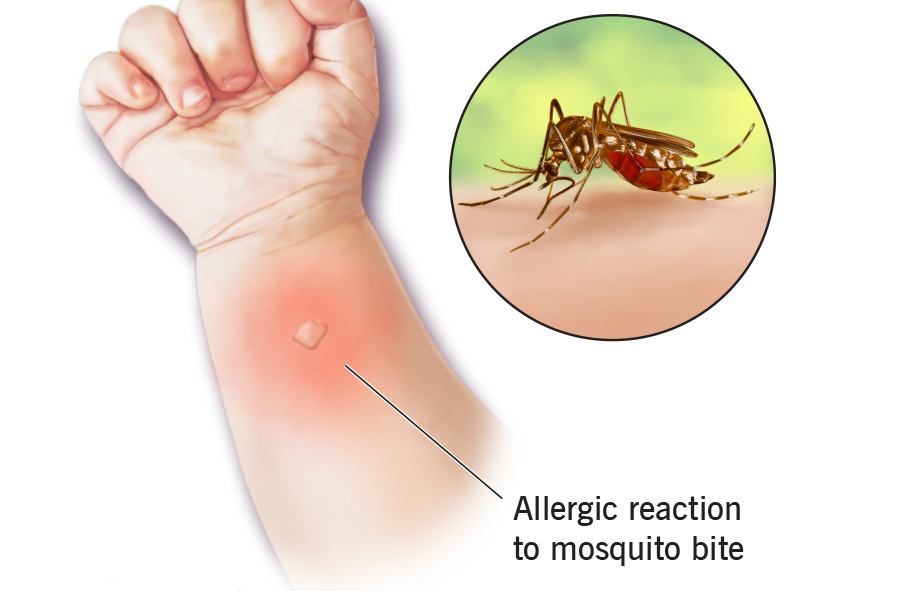
PHOTO: Cleveland Clinic
How to Stop Scratching and Steer Clear of Additional Frustration
Scatching a bug bite could be tempting, but it could aggravate the itching. Although scratching could bring some temporary relief, it can also aggravate inflammation and prolong agony. Try these simple strategies to keep free of this:
- Bandaging the bite could help to reduce the need to scratch.
- Put on gloves to guard your skin should you find yourself struggling with ongoing scratching.
- Control Yourself: Exercise Remember: scratching will only make things worse.
Use ice for rapid relief.
To calm the inflamed region, ice it. Ice packs or cold compresses numb the skin, therefore helping to lower inflammation and itching. Furthermore, the cold might reduce the sensitivity of the bite, which will allow avoiding scratching easier and help to minimize more irritation less difficult.
Take no more than one NSAID at once. Aspirin, ibuprofen, and naproxen are among over-the-counter drugs whose combining or doubling should be avoided since they include NSAIDs. See your doctor before applying an NSAID-based numbing lotion to be sure it's the best choice and to avoid any potential overdose or side effects.
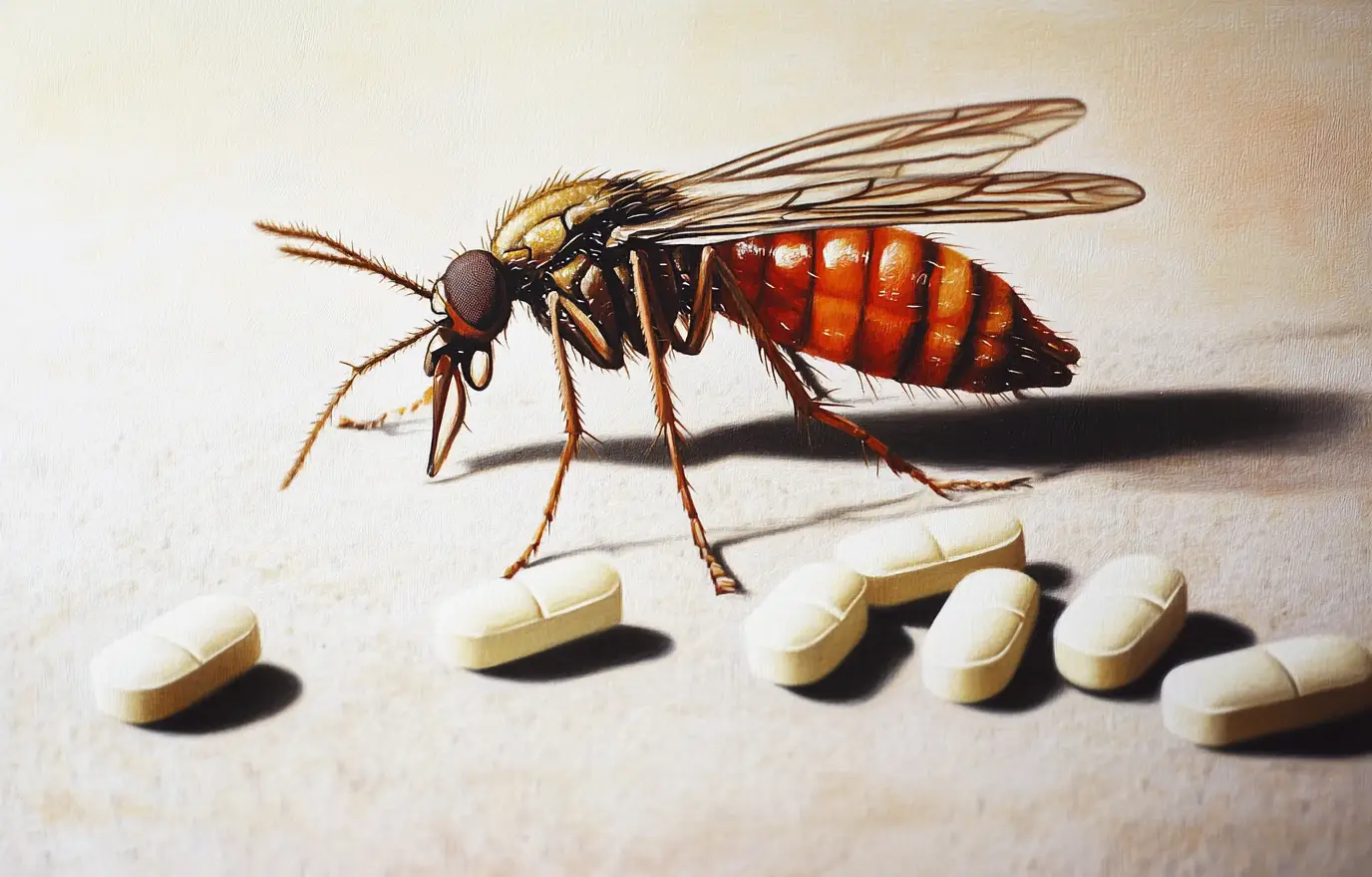
Try anti-inflammatory drugs.
Since anti-inflammatory medications often induce inflammation, they may help to reduce some of the pain related with bug bites. Common choices carried by drugstores are acetaminophen (Tylenol) and ibuprofen (Advil or Motrin).
These medications help greatly with pain; they may not be as effective in lowering itching. Still, especially if you have some in your medicine cabinet, they could be valuable to test.
Some over-the-counter anti-inflammatory meds clearly do not mix well with alcohol and may interact negatively with other prescriptions. Before starting one, always consult your doctor; otherwise, at least carefully review and follow the advice on the bottle.
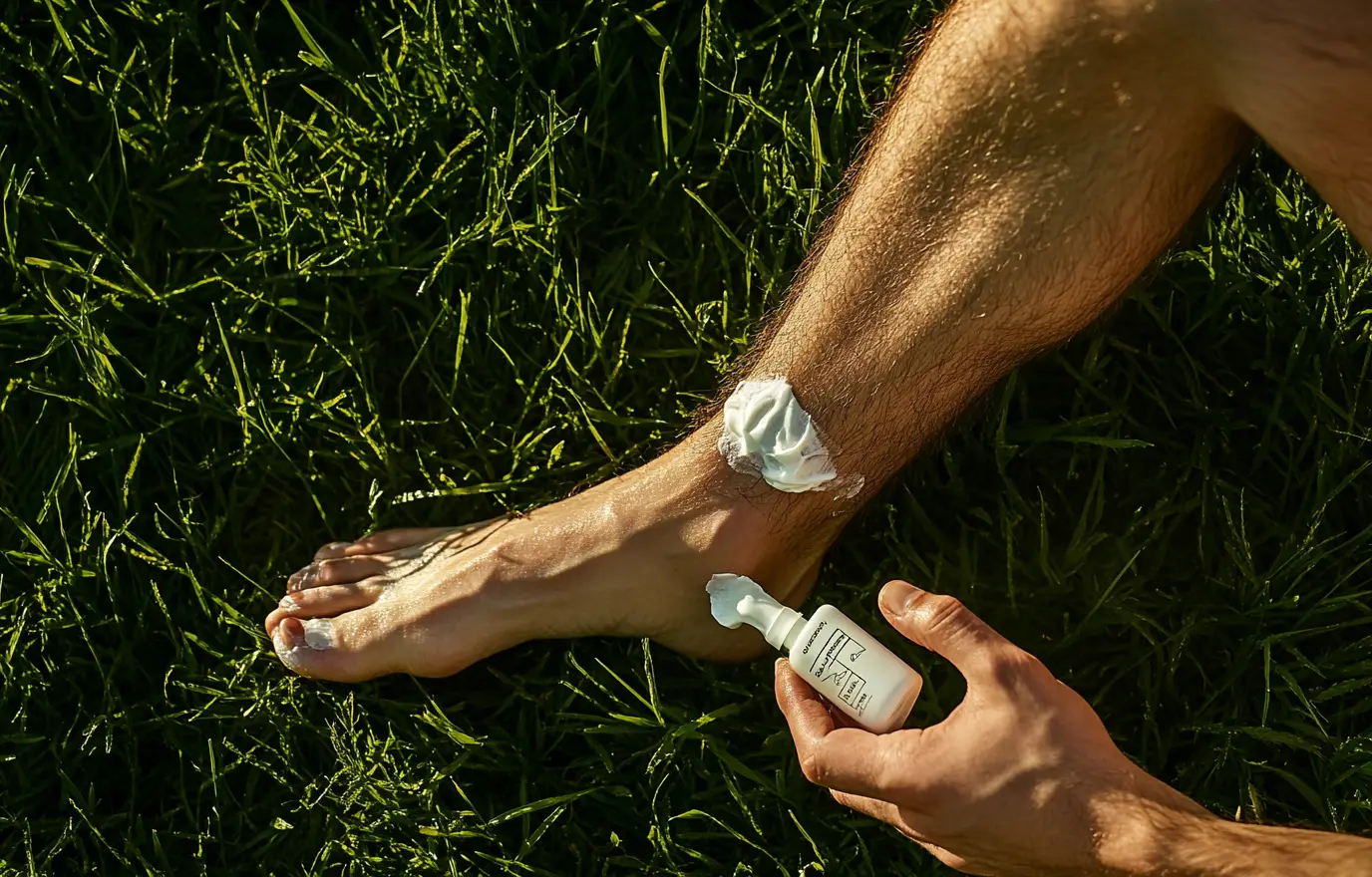
Apply some gel aloe vera.
Long used for its soothing effects is aloe vera. Studies indicate that in addition to its well-known benefits for burns and acne, it may accelerate the healing process of insect bites. Because aloe vera lowers discomfort and inflammation, its cool, gel-like texture makes it a wonderful choice for treating bug bites. Apply the gel from an aloe vera plant straight to the afflicted area or buy 100% pure aloe vera gel.
Apply an Oat-Based Paste.
Apart from a great morning food, oats help with skin inflammation. Bug bites are less painful in part because of its anti-inflammatory effects. To create oatmeal paste, equal amounts water and oats should be mixed. Rinse the impacted region ten minutes after the paste has been laid on it.
Consult Professionals
Though most of the time they are not serious, there are various situations in which you might want expert help with bug bites. See a doctor if the bite site gets red, swollen, hot, or painful or if the itching gets intolerable. Look for further symptoms including chills, fever, discharge, pus, or swollen lymph nodes. These could point to a more severe illness including lymphangitis, an infection of the lymphatic system, or cellulitis, a bacterial skin infection. See your primary care doctor for more direction if you have any of these symptoms.
RELATED: Top 6 Fly Traps for Effective Pest Control
What Causes Bug Bites to Itch?
A mosquito injects saliva into your skin in addition to eating on your blood when it bites you. Spiders contribute poison to the mix, but fleas, ticks, and even spiders do the same.
Your immune system generates histamine when it perceives mosquito saliva as a threat since it is a foreign substance. By making your capillaries more permeable, this chemical enables white blood cells to get to the bite site and "fight off" the foreign object. Unfortunately, the bite site swells and itches as a result of inflammation brought on by this immunological reaction.
How much time will it itch from my bug bite?
It may take several days for the histamine your body releases to combat the bug's poison or saliva to go away. The itching will persist for this duration. If you touch the area often, the bite may heal more slowly since scratching aggravates it by raising inflammation.
How One Should Prevent Bug Bite?
- Apply natural oils or DEET-containing repellant for mosquitoes.
- Put on protective clothing; cover your skin with long sleeves and pants.
- Stay indoors when pests are most active—that is, around dawn and sunset.
- Keep doors and windows closed using screens.
- Cut off standing water. Empty plant pots, bird baths, and gutters.
- Use essential oils: Try lavender or citronella oils to fight off bugs.
- Steer wary of sweet smells: Try not to use scented lotions or perfumes outside.
- Maintaining a clean environment: Clear trash and leaves that might provide insect habitat.
RELATED 1: How to Spot Bed Bugs and Get Rid of Them, With or Without Professional Help
RELATED 2: How to Keep Stink Bugs Out of Your House for Good, According to Exterminators
RELATED 3: Expert Tips on How to Get Rid of June Bugs
RELATED 4: How to Prevent and Eliminate Insects in Your Basement
RELATED 5: Top 10 Pest Control Companies in the U.S.: Experts in Keeping Your Home Pest-Free
Dealing with insect bites can be uncomfortable and sometimes even hazardous to your health. While preventive measures like repellents can help, professional pest control services are essential for eliminating the root cause of infestations. To ensure a bite-free environment, here are some trusted pest control companies that specialize in safe, effective, and eco-friendly solutions.

